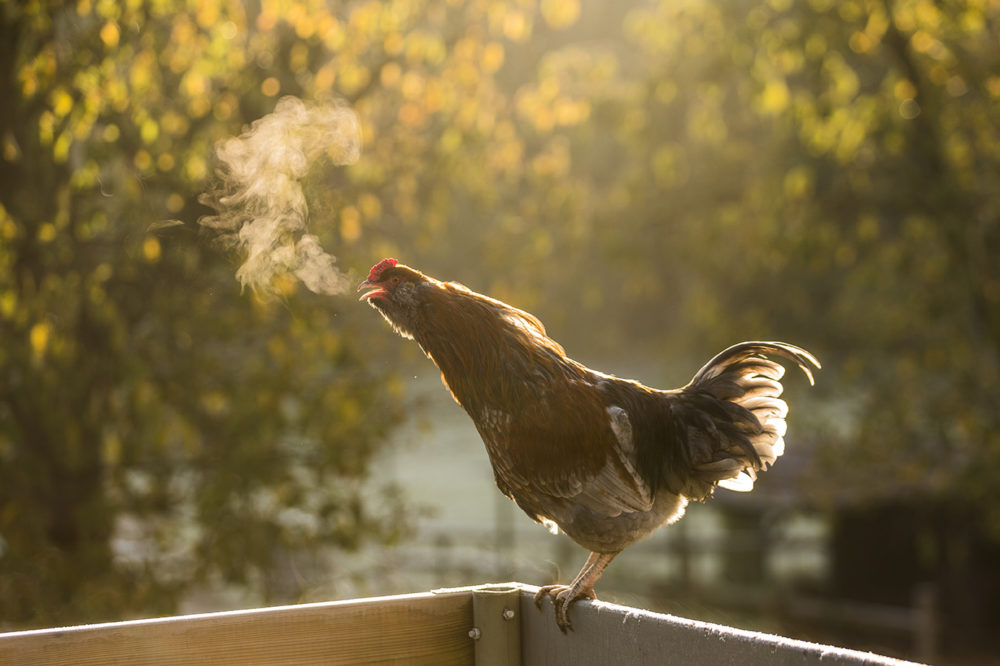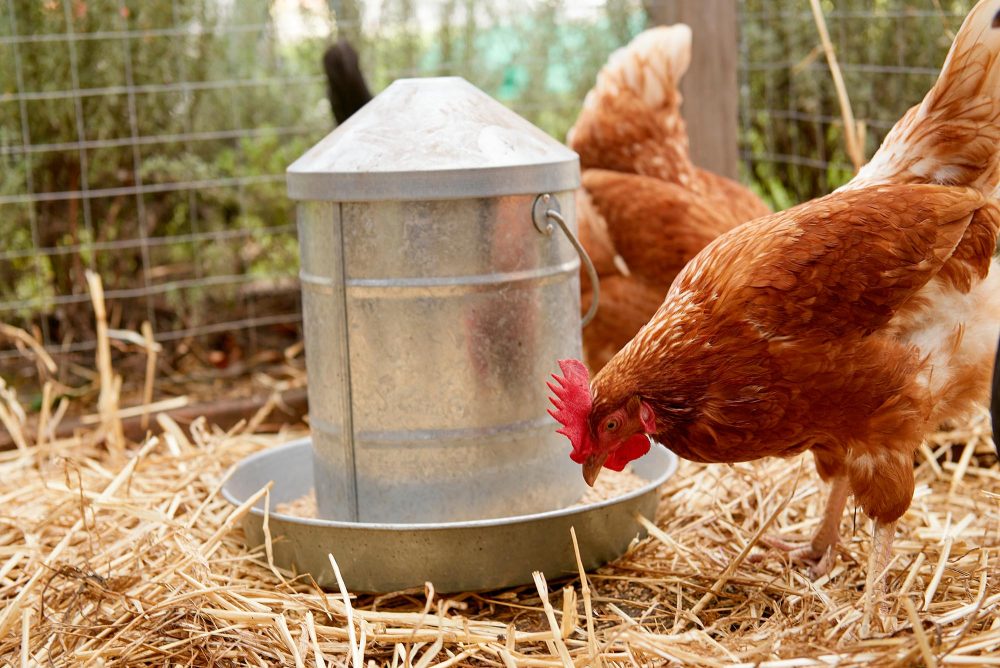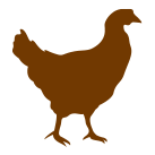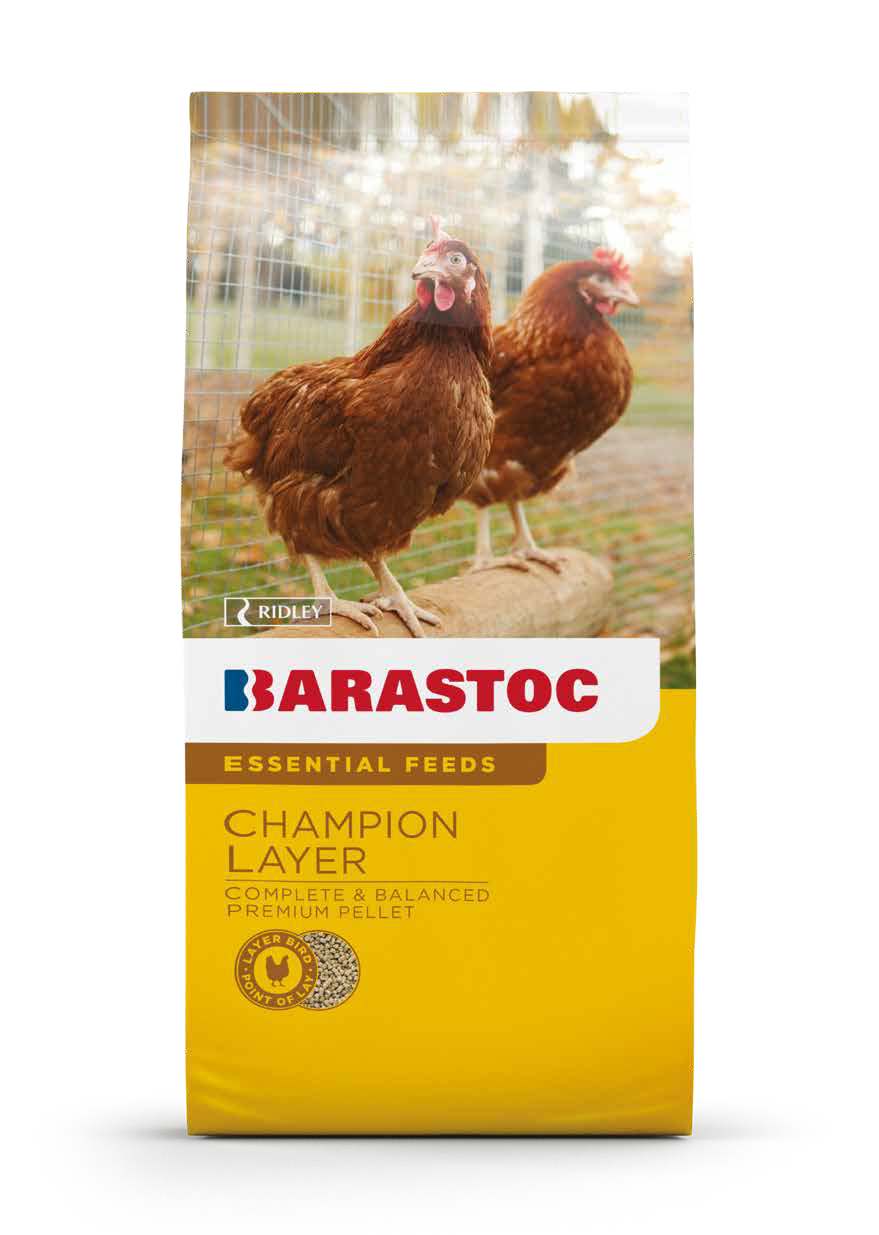Feeding for Warmth in Winter
The days are shorter and getting colder which means we’re all rugging up, staying indoors and turning on the heater. You may be wondering if your hens in the backyard are going to fare well in winter. Chickens are adaptable creatures and are able to adjust to cold winter months better than most animals. As the environmental temperature decreases, the hen needs to increase her internal body temperature to compensate for the loss of external heat. This task is quite nutrient demanding since a lot of energy is utilised to generate heat. The hen burns fat, carbohydrates and protein for energy and the amount of heat that she can generate depends on the quantity and quality of feed consumed.

Chickens are intelligent animals and have some ability to regulate their feed intake to match their energy requirements; just like with humans – when the environmental temperature is colder, we tend to eat more. Though chickens can regulate their feed intake, hens, particularly younger hens, simply cannot consume enough feed to sustain their internal metabolism, egg production and various other biological processes. As a result, hens go into a self-preservation or survival mode and look after themselves rather than put in the additional effort for egg production.

Therefore, during the colder months, it is important to feed hens a premium feed, which is higher in both protein and energy than their usual diet. This ensures that the hen receives an adequate supply of nutrients to sustain her body metabolism and growth, and has enough nutrients left for the production of eggs. Considering that the majority of hens would have just undergone a moult going into winter, the extra nutrients from the feed will also assist in replenishing the hens’ body fat reserves, promoting feather growth and rejuvenating their reproductive tracts. This ensures that they are setup for their next cycle of egg production. Limiting kitchen scraps and scratch grains during this period is also important since too much of these will destroy their appetite for a nutritionally balanced feed.
Barastoc have four feeds with higher levels of protein that can help your hens get through winter. Barastoc Champion Layer and Top Layer Mash both have 16.5% protein and is available in a short cut pellet or fine mash, respectively. Barastoc Grains & Greens has 18.5% protein and presents as a grain, seed and Lucerne mix. Mixed Flock is great for a multi-species flock, with 22% protein.





